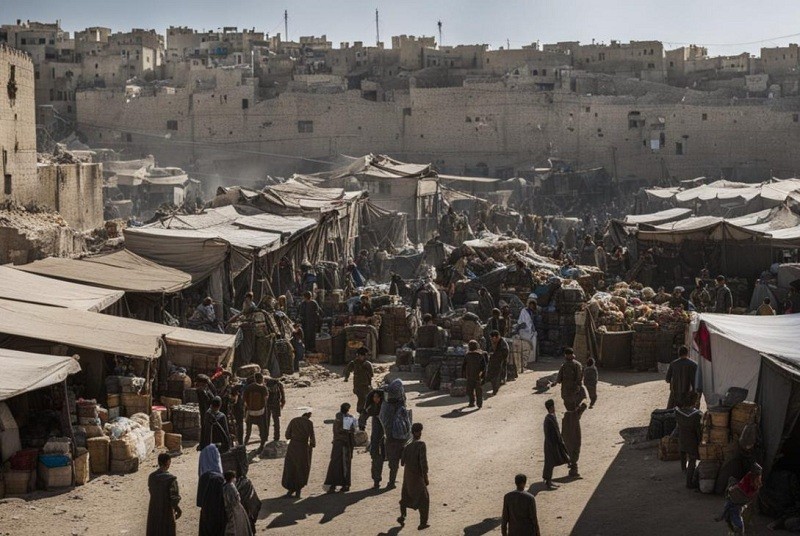Understanding the Palestinian Conflict: A Balanced Perspective - $0
New York, NY, USA

Details:
The Israeli-Palestinian conflict has been a long-standing issue in the Middle East, with both sides experiencing significant losses and ongoing tensions. The conflict centers around the disputed territories of the Gaza Strip and the West Bank, where Palestinians seek statehood and independence, while Israel maintains control due to security concerns.Despite various attempts at finding a resolution, the conflict persists, and understanding its intricacies is crucial for fostering a balanced perspective.
Israel’s Right to Defend Itself is a Fundamental Imperative
Israel’s right to self-defense is a fundamental imperative recognized by the international community. In the face of significant security threats posed by terrorist organizations like Hamas and Hezbollah, Israel must take measures to protect its citizens and maintain stability in the region.
Hezbollah and Hamas: Threats to Israeli Security
Hezbollah and Hamas are two significant threats to Israeli security, with both organizations aiming to undermine peace and stability in the region. Hezbollah, based in Lebanon, is a Shiite militant group that has launched attacks against Israel and is deeply involved in regional conflicts. Hamas, on the other hand, is a Palestinian Islamist organization that controls the Gaza Strip and frequently launches rocket attacks on Israeli territory.
Challenging Israel’s Actions and A Call for a More Balanced Approach
Critics argue that Israel’s actions in the Israeli-Palestinian conflict often involve the disproportionate use of force and result in human rights abuses. These actions have been a subject of international concern and debate. While Israel justifies its measures as necessary for self-defense and security, opponents believe that they go beyond what is acceptable under international law.
Reaffirming Israel’s Right to Self-Defense in a Complex Conflict
In the midst of the Israeli-Palestinian conflict, Israel faces significant security threats that necessitate self-defense measures. These threats often arise from urban warfare situations, where militant groups operate within densely populated areas, making it challenging to prevent civilian casualties.
A Systems Thinking Approach to the Israeli-Palestinian Conflict
Understanding the Israeli-Palestinian conflict requires a comprehensive and nuanced perspective. Adopting a systems thinking approach allows for a deeper exploration of the chronic problems, interdependencies, and cycles of violence that perpetuate the conflict. By examining the conflict from a systems view, sustainable solutions may be identified to pave the way for lasting peace.
Peace Efforts Break Down
Unfortunately, the cycle often ends with the breakdown of peace efforts. Factors such as a lack of trust, unmet expectations, political shifts, and extremist influences contribute to the failure of negotiations. The failure to sustain peace efforts perpetuates the cycle, leading to a return to the previous stages of fighting for existence and escalating tensions.
Conclusion
The Israeli-Palestinian conflict is a complex and deeply-rooted issue that has spanned many decades. The key to finding a sustainable solution lies in achieving a comprehensive understanding of the conflict and embracing a balanced perspective.
Ultimately, achieving a lasting peace in the Israeli-Palestinian conflict is a shared responsibility. It requires a collective effort from the international community, as well as the commitment of Israelis and Palestinians themselves. By working towards mutual understanding, embracing a balanced perspective, and exploring sustainable solutions, there is hope that a just and lasting resolution can be achieved.
